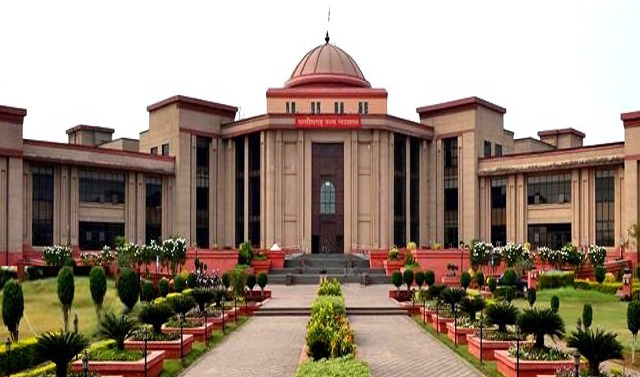
The Chhattisgarh High Court recently quashed a State government decision which granted 100 percent reservation to women for the post of demonstrators and assistant professors in nursing colleges.
A Division Bench of Chief Justice Arup Kumar Goswami and Narendra Kumar Vyas made the observation while dismissing a batch of petitions challenging the government’s decision to offer 100 percent reservation to female candidates aiming to become professors in nursing institutes.
According to the bench, such a reservation is not protected under Article 15 (3) of the Indian Constitution, which permits the state to declare “special reservations” for women and children.
“Submission of learned counsel for the State that the reservation to female candidate is saved by Article 15(3) of the Constitution of India cannot be accepted as Article 15(3) of the Constitution, at the outset, does not refer to reservation in public employment, rather the words used are “special provision” for women,” the order stated.
The division bench cited Article 16(2) of the Constitution, which guarantees equal opportunity in public employment and oversees the specialised topic of public employment. According to the bench, this Article outlaws discrimination based on religion, race, caste, gender, descent, place of birth, and other factors.
According to the Supreme Court’s decision in the Indra Sawhney case, reservation for women in public employment cannot be made under Article 15(3) of the Constitution, and reservation on the basis of sex is prohibited under Article 16(2) of the Constitution, but reservations can be made under Article 16 of the Constitution.
It added that women en bloc cannot be brought under the category of backward class of citizens and, therefore, they are separately classified as vulnerable class for which there exists no provision for reservation in the Constitution.
Appearing for the State, Advocate Gagan Tiwari and Advocate Anand Mohan Tiwari contended that its decisions are saved by Article 15(3), which does not prevent the State from making any special provisions for women and children. By virtue of the power conferred on the State, the Rules neither suffer from arbitrariness or illegality nor was it beyond the competency of the State to frame such Rules, the government argued.
Rejecting the claim, the Bench stated that the State’s decision is not protected by Article 15(3) of the Indian Constitution since it is arbitrary and violates Articles 14, 15, and 16 of the Indian Constitution. As a result, the Regulations may be repealed on the basis of equality before the law and equality of opportunity in areas of public employment.




